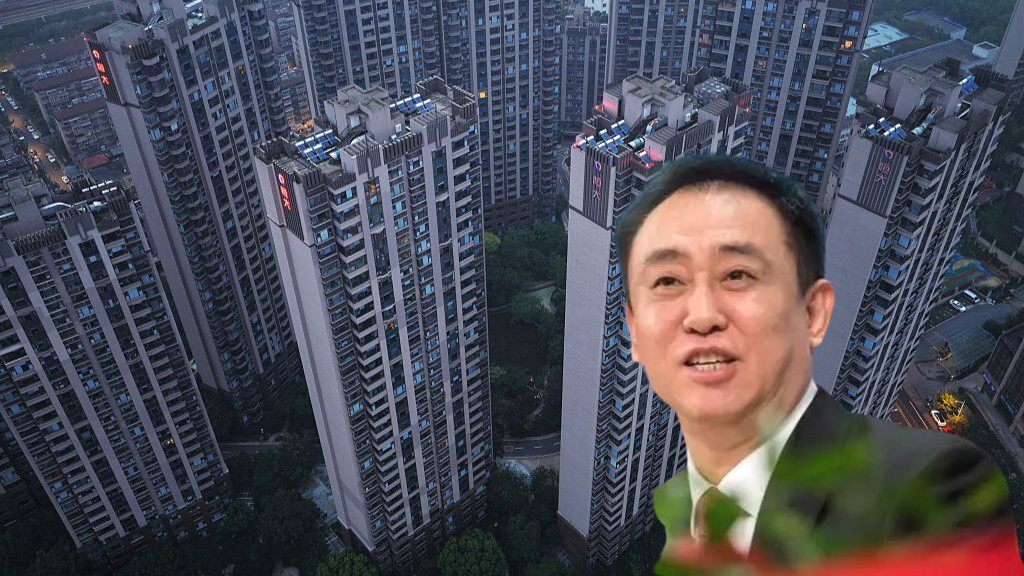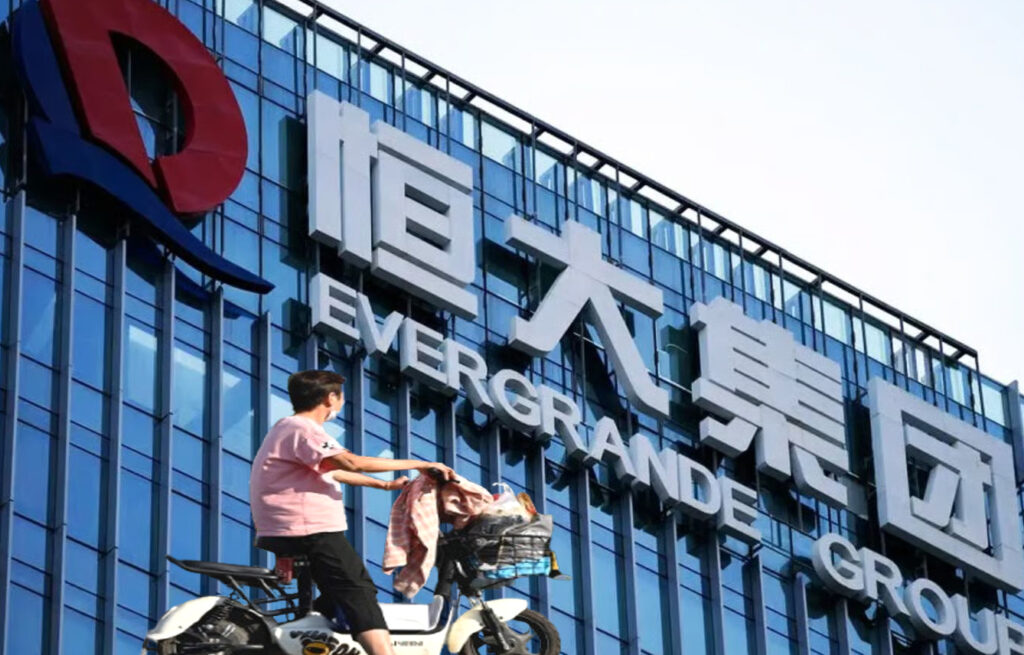Evergrande Delisted from Hong Kong Stock Exchange After 16 Years of Trading
Chinese real estate giant Evergrande saw its shares removed from the Hong Kong Stock Exchange on Monday, ending more than 16 years of trading.
This marks a major setback for what was once China’s largest property developer, boasting a market value of over $50 billion (£37.1 billion) before its dramatic downfall triggered by overwhelming debt.
Financial experts say the delisting was both inevitable and permanent.
Once delisted, companies cannot return to the market, explained Dan Wang, China Director at political risk consultancy Eurasia Group
Today, Evergrande is most recognized for its role in the ongoing Chinese property market crisis, which has weighed heavily on the world’s second-largest economy for years.
What Led to Evergrande’s Downfall?
Just a few years ago, Evergrande Group represented the rapid rise of China’s booming economy
Evergrande’s founder and chairman,
Hui Ka Yan, rose from modest roots in rural China to become Asia’s richest person in 2017, topping the Forbes list with an estimated fortune fortune of $45 billion
But that fortune has since collapsed to under $1 billion, reflecting a downfall as dramatic as Evergrande’s own.
Hui Ka Yan was hit with a $6.5 million fine and handed a lifetime ban from China’s capital markets after authorities discovered the company had overstated its revenue by $78 billion.
Liquidators are now investigating whether Hui’s personal assets can be tapped to repay Evergrande’s massive debts.
At the time of its collapse,
Evergrande had 1,300 real estate projects spread across 280 Chinese cities, along with ventures in electric vehicles and ownership of Guangzhou FC, once China’s most successful football club. The team was expelled from the football league earlier this year due to unpaid debts.
Evergrande’s $300B Debt Crisis and Its Impact on China’s Economy
Evergrande was built on a staggering $300 billion (£222 billion) in debt, earning it the notorious label of the world’s most indebted property developer.
The crisis began in 2020 when Beijing introduced strict borrowing rules for large real estate companies. To maintain cash flow, Evergrande started selling properties at deep discounts, but soon struggled to meet interest payments and defaulted on several overseas debts.
After years of court battles,
the Hong Kong High Court ordered the company’s liquidation in January 2024. Its shares, suspended from trading since the ruling, were finally delisted after losing over 99% of their market value.
The court’s decision followed Evergrande’s failure to present a feasible debt restructuring plan to address billions in overseas liabilities. By early 2024, the company’s debt remained at $45 billion, while asset sales brought in just $255 million. Liquidators believe a complete business revival is unlikely.
Now, the bankruptcy process will determine how much creditors recover, with the next liquidation hearing scheduled for September.
Impact on China’s Economy
China was already grappling with U.S. tariffs under former President Donald Trump, rising local government debt, weak consumer demand, unemployment, and an ageing population.
However, experts argue that Evergrande’s collapse and the broader real estate crisis have dealt the most severe blow.
“The property slump is the biggest drag on China’s economy and the main reason why consumer spending remains weak,” explained Dan Wang.
China’s Property Crisis Deepens Economic Challenges
The real estate sector once made up nearly one-third of China’s economy and was a key source of revenue for local governments.
The property market turmoil has triggered massive layoffs across heavily indebted developers, according to Jackson Chan from Bondsupermart, a financial markets research platform. Even employees who have managed to keep their jobs are facing significant pay cuts, he adds.
The crisis is hitting Chinese households hard as well,
with many families traditionally investing their savings in real estate. Housing prices have dropped by at least 30%, causing the value of family savings to shrink dramatically, notes Alicia Garcia-Herrero, chief economist for Asia Pacific at Natixis.
As a result, families are now less likely to spend or invest, further slowing economic momentum.
Beijing’s Response to the Property Crisis
In a bid to revive the economy, Beijing has rolled out multiple initiatives, including measures to:
Support first-time homebuyers
Boost the stock market
Offer incentives for buying electric cars and household goods
Despite injecting hundreds of billions of dollars into the economy, China’s once-booming growth has slowed to around 5%—a stark contrast to the 10%+ annual growth it achieved as recently as 2010.
Is China’s Property Crisis Finally Over? Experts Say No
The short answer: probably not.
While Evergrande continues to dominate headlines, several other Chinese property developers are also facing severe financial distress.
Earlier this month,
China South City Holdings received a winding-up order from the Hong Kong High Court, making it the largest developer to be forced into liquidation since Evergrande’s collapse.
At the same time, Country Garden, another real estate giant, is still negotiating with creditors to restructure over $14 billion in foreign debt. Its next liquidation hearing in Hong Kong, after multiple delays, is scheduled for January 2026.
“The entire property sector is in crisis,
and more Chinese real estate firms are likely to fail,” warns Professor Shitong Qiao from Duke University.
China’s Property Market Faces Slow Recovery Amid Government Caution
While the Chinese government has introduced several measures to stabilize the property market and support the broader economy, it has avoided directly bailing out developers.
According to Jackson Chan, these initiatives appear to be helping:
“We believe the market has likely reached the bottom and will move toward a slow recovery. However, the rebound is unlikely to be very strong,” he explains.
Still, challenges remain. In June, Goldman Sachs predicted that property prices in China could continue to decline until 2027.
Readmore India warns Pakistan of possible flooding under IWT in first major contact since May stand-off 2025
Dan Wang agrees,
estimating that the property market may not fully recover for another two years, when housing demand finally matches supply.
Beijing, meanwhile, has made it clear it will not rescue heavily indebted developers, aiming to avoid policies that might encourage risky borrowing practices.
Shift in China’s Economic Priorities
In the past, the property sector was a major driver of China’s rapid growth, but the Chinese Communist Party has since shifted its focus.
President Xi Jinping now prioritizes high-tech industries such as renewable energy, electric vehicles, and robotics, signaling what experts call a “deep transition” into a new era of development.


